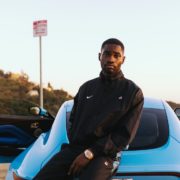Changemakers in innovative fashion: BFC Prize Finalists 2021
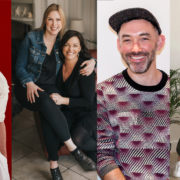
In April the British Fashion Council announced the launch of The BFC Changemakers Prize in partnership with Swarovski. Applications for the first run of this new project was open to anyone in the fashion industry striving for positive change and innovative contributions in their field.
Three months later and the nine finalists that have been selected under the three categories of People, Environment, and Community and Craftsmanship are: Cyndia Harvey, Laura Johnson & Zoe Proctor, Rahemur Rahman, John Hickling, Natalie Glaze and Zanna Van Dijk, Patrick McDowell, Andrew Kenny, Cozette McCreery, Daisy Knatchbull.
We caught up up with some of the finalists below to find out more about the amazing work they are doing in their industries:
Andrew Kenny/ Thread-maker Nominee / London Embroidery Studio
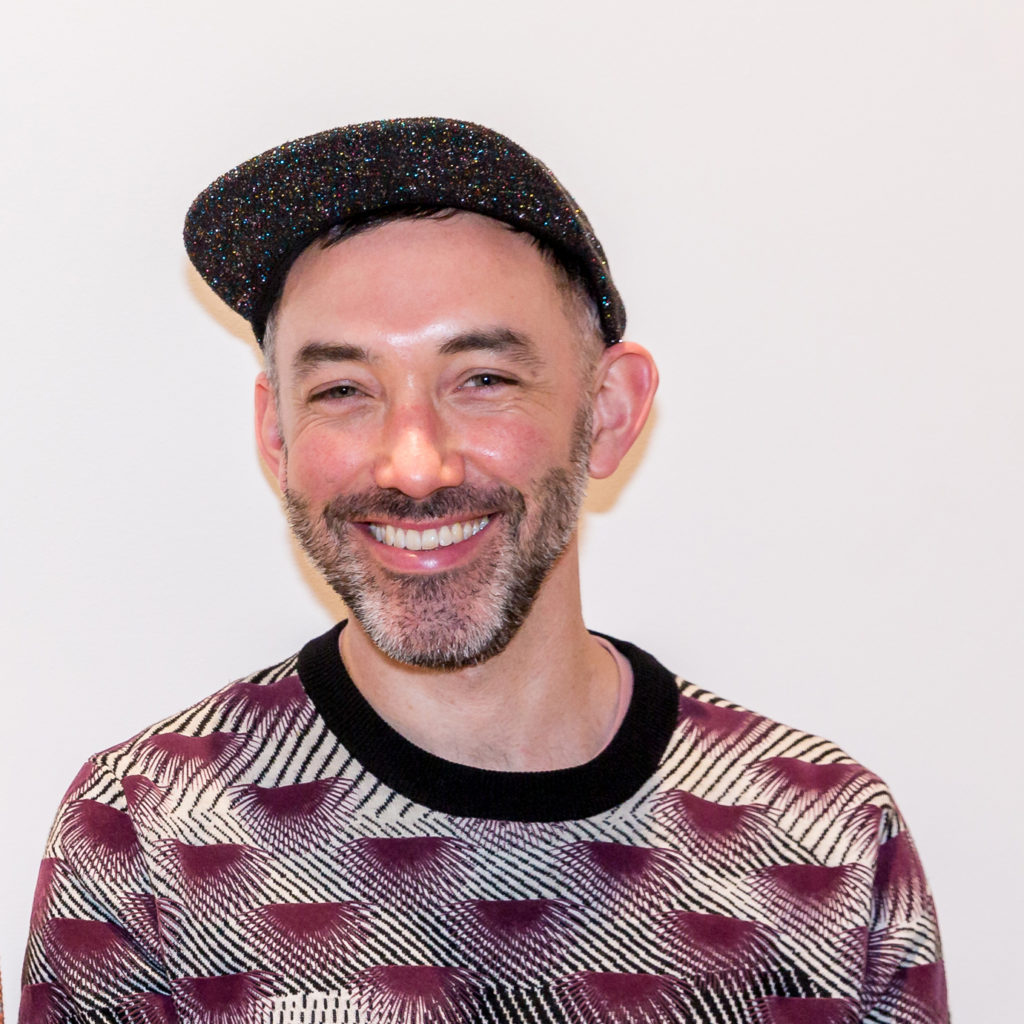
Owner of The London Embroidery Studio in East London, Andrew used traditional skills to generate new exciting techniques using cutting edge embroidery machines. Marrying new technology with an exportation of new techniques is at the heart of his creative strategy, developing embroidery for large and small fashion, interior, film and TV clients across the world. This is alongside offering courses to the local community, often with discounts for disadvantages members/those on low income.
What is your process for developing ideas and implementing them?
I feel like this is quite difficult to answer for me to answer as every project that we work on is quite different. Generally though if the project is for a client then the most important thing to begin with is to get a rough idea of what the client is looking for. Thankfully, we now have quite an extensive portfolio of samples that we’ve produced and built up over the years so showing them samples and getting them to pick out things that they like is the best way to start. We then create a range of samples showing different ideas and then the client will pick one or more to further develop or refine before making the final piece. This process is generally very collaborative with the client, involving a lot of feedback along the way and involving input from various members of the studio team.
If the work isn’t for a client and just for our own portfolio or for an exhibition we’re working towards then the beginning stage is more about visual research into textures and finishes to inspire stitch techniques and materials as well as artist/designer research to inspire a direction followed by textural drawing and/or collage to create some artwork to work from. We probably need to do less sampling/testing with these projects as we have a clearer idea of what we want to create.
What is the hardest lesson you have learnt since being in the fashion industry?
I feel like the biggest and possibly most important lesson is learning how to charge properly for the work that we create and understanding it’s value. Developing and producing textiles in the UK is difficult when people are so used to paying next to nothing for the clothes that they buy so that makes it hard to price your labour. What I had to learn was that unless you believe in the value of your work then no one else will either. If you charge properly for it then the people you want to work for will take you seriously. There’ll always be people who don’t want to pay what it’s worth but I’ve had to learn that they are the ones who are not serious! I was very lucky when I sent my first invoice to Louis Vuitton that the designer I sent it to sent it back to me and told me to triple it if I wanted to be taken seriously!
Laura Johnson & Zoe Proctor/ Image-maker Nominees / Founders of Zebedee Talent Agency
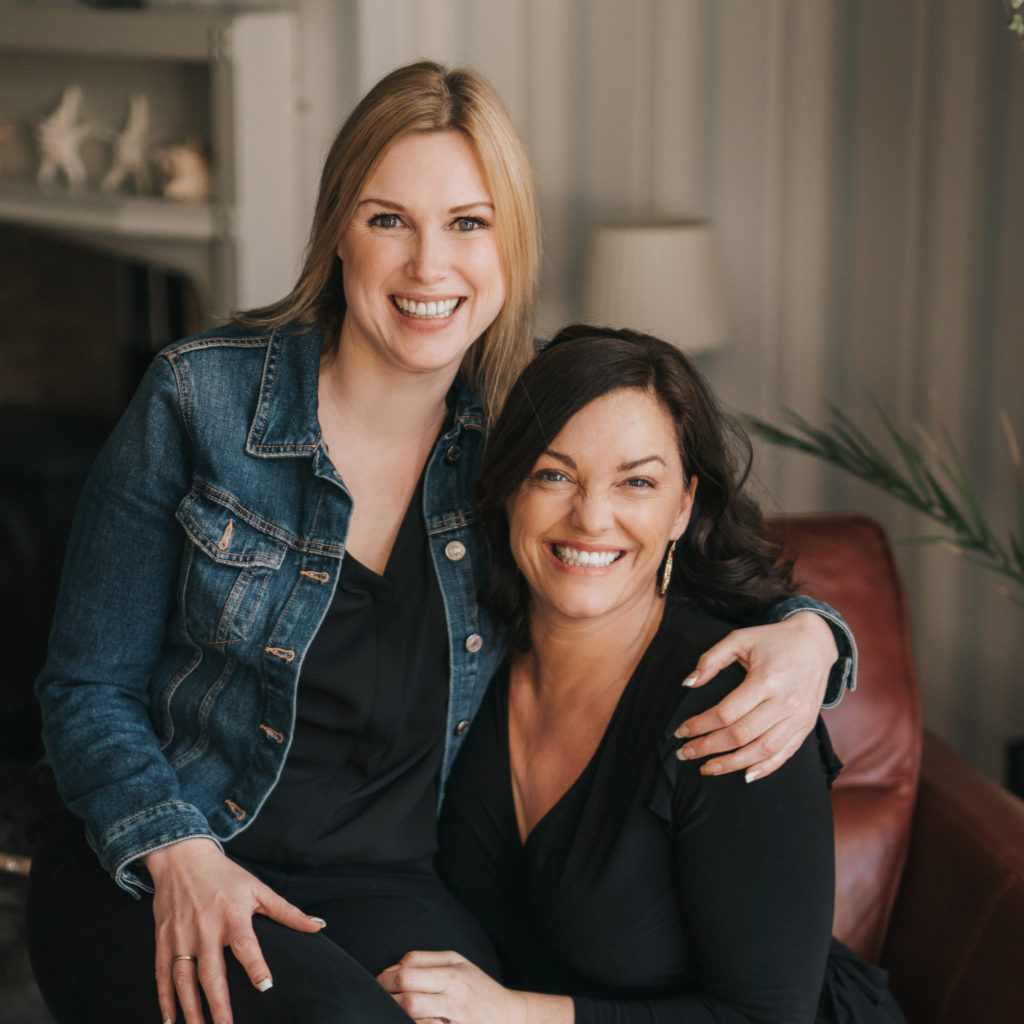
Laura and Zoe set up Zebedee Talent Agency, representing models with disabilities and visible differences and hoping to change attitudes, creating a culture of trust and opportunities. The agency has since expanded to represent other marginalised groups on its books, such as visibly different people, transgender and non-binary people.
Did you always know you would be or want to be in the fashion industry or did you find yourself pushed in this direction by way of the work you were doing?
Zoe started modelling at 16 after being scouted at a fashion event. I fell in love with the industry and the creativity on shoots but then went on to do my degree in Fine art and performing arts. I took up modelling again as a curve model and had some incredible opportunities and met some of the most wonderful people along the way. I then went into teaching Performing arts to young adults with learning disabilities, it was through this work I really understood the lack of real work opportunities in the fashion industry for disabled people, which was the motivation behind setting up the agency. It’s as if my two worlds collided when we set up Zebedee.
Laura has always loved fashion and the creative arts and from a young age found myself drawn to work in fashion. That said, when it came to starting her career, She took the step to become a qualified social worker, she felt supporting the most vulnerable in society was my calling.
Running Zebedee allows me to have the perfect mix of the excitement and creative flair of working in fashion, but at the same time driving social change. It really is the best job in the world!
What is the hardest lesson you have learnt since being in the fashion industry?
The hardest thing for us has been trying to change people’s perceptions around disability and encourage inclusive working, specifically casting for campaigns and advertising.
We have had so many brands and creatives ignore us. We have had to learn to not take things personally and to just keep chipping away to drive the industry to be better.
Natalie Glaze and Zanna Van Dijk/ Eco-maker Nominees/ Founders of Stay Wild Swim
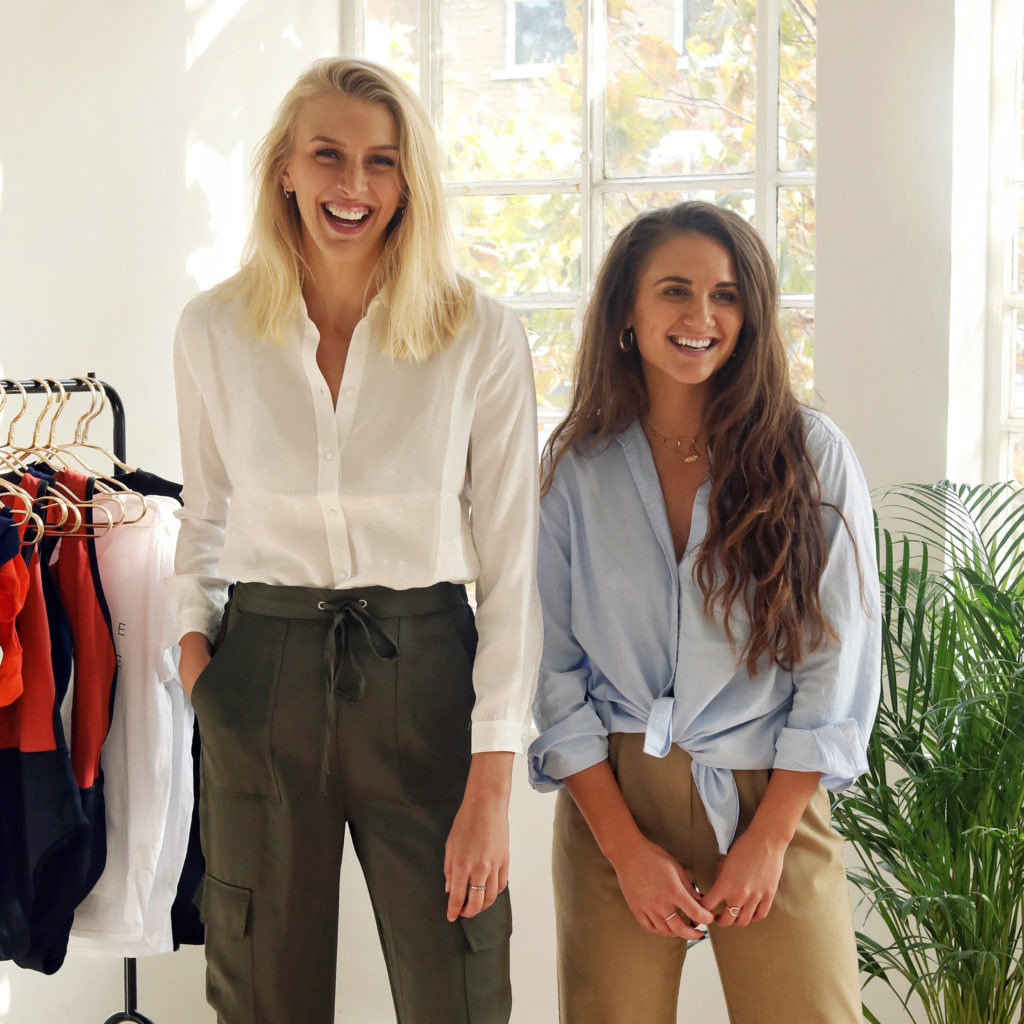
Co-founders of Stay Wild Swim – a sustainable essentials and swimwear business tackling ocean plastic by creating swimwear from regenerated ocean plastic such as fishing nets and plastic bottles. The pair have created ‘The Circularity Project’, where they accept broken and unwearable swimwear and send it on to be recycled and repurposed into eco-industrial products.
Did you always know you would be or want to be in the fashion industry or did you find yourself pushed in this direction by way of the work you were doing?
We were both pushed in this direction due to our passion for sustainability and looking for a solution to the ocean plastic problem. When we found out you could make clothing from regenerated fishing nets we knew we had to get involved in the fashion industry, even though we had no background in the field.
What do you think is the best way to lead, especially when you have a team to manage?
With compassion first and foremost. When you’re engulfed by the stresses of running a start up it can be easy to forget that we are all human. Kindness is a key part of our business. We don’t just care about the planet, but people too.
Patrick McDowell / Dress-maker Nominee / Designer & Sustainability Design Director at Pinko
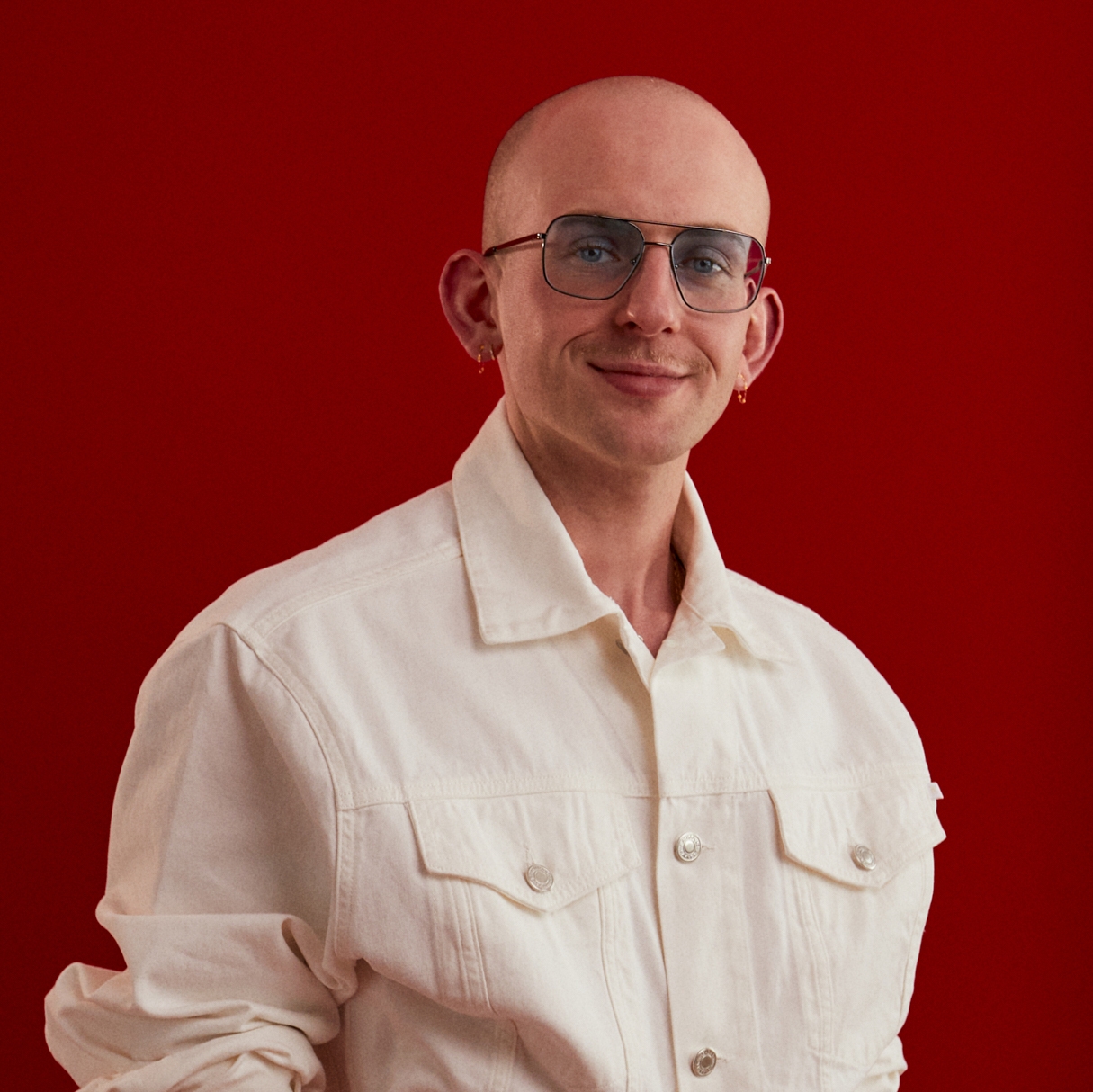
Patrick is an innovative young designer making great strides with his own eponymous label and as Sustainability Design Director for Pinko fashion house. As Global Ambassador for the Graduate Fashion Foundation, he works with mentees at the foundation and institutions across the UK to explore more sustainable methods of working with a holistic approach.
How do you go about mastering what you do?
Trying, failing, and trying again! In the worlds move towards sustainable practice it’s imperative we give everyone the opportunity to try, fail and try again.
Did you always know you would be or want to be in the fashion industry or did you find yourself pushed in this direction by way of the work you were doing?
From the age of 13 I made a bag from a pair of jeans and ever since I’ve been finding and remaking. It was out of necessity and only later did it become clear it was sustainability.
What is your process for developing ideas and implementing them
I like to design and draw and find inspiration from the pieces that already exist and then look at how it could work in practice and redesign them again. It’s almost cyclical in process and I think that’s what we all need to move towards across all industries and all institutions. Circular economics come from circular thinking.
The three winners will be announced on September 2nd and will receive a cash prize of £7500 as well as individual mentorship.
Discover more from GUAP’s Fashion section here





![ZINO VINCI’S ‘FILTHY & DISGUSTING’EP BRINGS YOU TO THE CORE OF THE ARTIST [@ZinoVinci]](https://guap.co/wp-content/uploads/2023/10/Zino-4.jpg)


